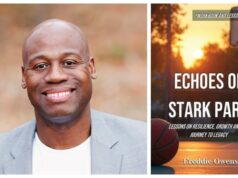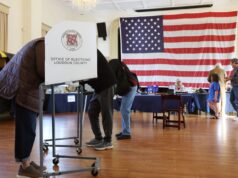Joe Kennedy made an agreement with God.
He promised that he would live a Christian life, attend church, and be devoted to his family.
He agreed to glorify God.
For Kennedy, a Washington state assistant high school football coach, this agreement with God also included a call for him to lead a prayer to God on the 50-yard-line after every one of his team’s games. Even if his employer, the Constitution, and the court told him he could not.
Kennedy is the most recent case in a long string of high profile cases, in which an employee of a public school has led public prayers with students in defiance of court holdings, constitutional clauses, and school directives.
I am willing to acknowledge, for the sake of argument, that the school officials who have led public prayers so far, have done so for benevolent and pure reason.
And I am even willing to acknowledge that some of the individuals who support and follow these school officials, genuinely, if not subjectively, believe that Christianity is under attack as a result of the various directives for public prayer to stop.
However, there is an undeniably active and vociferous contingent that does not have such noble intentions.
A contingent that seeks to politicize Christianity and prayer. A contingent that seeks to mischaracterize any attempt to limit public school prayer as a liberal power grab designed to infringe on their freedom of religion and speech.
This should concern us all. It should concern us because allowing Christians to lead public prayers in school essentially legislates discrimination. Would public prayer advocates support a Muslim teacher who wanted to lead Salat with students?
Of course not.
Public prayer advocates also overstate the prohibitions on public prayer, and create a conflict where there is none.
The Supreme Court has ruled that it is unconstitutional for a school administrator to lead a public prayer with students. There is no prohibition against students praying together.
What’s more, nothing stops Christians from quietly praying and spending time getting closer to the Creator.
In fact, I think Jesus says something about how he prefers quiet prayer over showy public prayers in his Sermon on the Mount.










